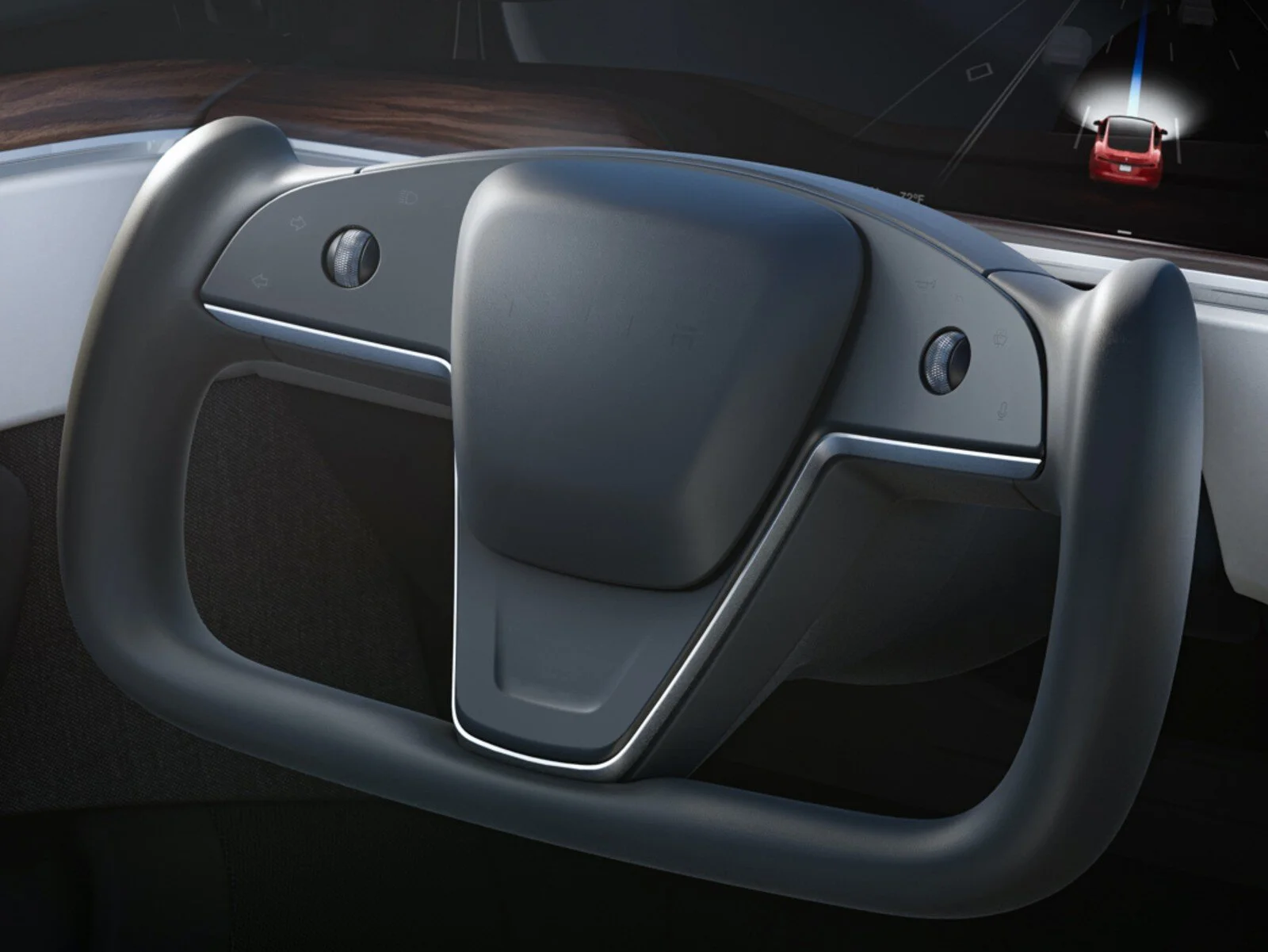Why “Tesla Losing Market Share” is a Red Herring
By Edward A. Sanchez — Jan. 1, 2023
With headlines involving Tesla being dominated over the last few month’s with CEO Elon Musk’s distraction with his Twitter acquisition, the Tesla bears are coming out of the woodwork proclaiming the end of the heyday for the iconic EV brand. “Tesla will inevitably lose market share,” they proclaim. To which I respond, “So what?”
As more and more of the automotive industry transitions to battery electric, it is inevitable that Tesla’s currently dominant market share in EVs (between 60-80% in some markets) will decline. Tesla’s cynics and critics will also point out the end-of-quarter discounts that have been applied lately (Up to $7,500 for Q4 2022 deliveries). This is nothing new. Maybe the generosity of the incentives is historic and noteworthy, but when I took delivery of my 2019 Model 3 SR+ in late May 2019, “free” Autopilot was one of the sweeteners (Otherwise a $2,000 option at the time).
For years, Tesla has been supply-constrained, meaning there was almost always a wait to buy a Tesla, rather than being able to walk into a showroom or delivery center, and being able to purchase from stock. As the company optimizes production, it is slowly transitioning to a model where it has vehicles in inventory that customers can purchase on the spot.
While the company’s consumer-direct model certainly has its advantages, one disadvantage is it cannot claim “sales” until a vehicle is delivered to a customer, whereas OEMs that have a franchise dealership distribution model (most of them) can claim “sales” when a dealer purchases a vehicle for their inventory. Whether the car sits on the lot for 10, 30, 60, 90 days or more is not the OEM’s immediate concern.
As mainstream brands like Ford, Chevrolet, Volkswagen, Audi, Hyundai, and others increase the number of models and units that are BEVs, Tesla’s market share percentage will inevitably decline. However, in terms of absolute unit sales, it will be quite a while before Tesla drops out of the top five. They may lose their “Number 1” status in some markets. They have already, if you count the Wuling Hongguang Mini EV, a collaboration with SAIC and General Motors. However, calling that model a full-fledged “car” is a bit of a stretch in some measures, as it is has just 27 hp, and is limited to a top speed of (100 km/h) 62 mph. Certainly enough to meet the needs of plenty of city-dwellers in China, but undoubtedly not to the expectations of most car buyers.
Although the mere mention of Elon Musk in the last few months has become somewhat of a lightning rod topic, there’s little disputing Musk and Tesla have moved EVs from the fringe to the mainstream, and the company’s work in its charging infrastructure buildout has been a huge contributor to its success in the last decade. As the Supercharger network gradually opens up to non-Tesla vehicles globally, it is helping to achieve Tesla’s stated mission to “Accelerate the world's transition to sustainable energy,” even if that means loss in relative (or even absolute) market share.
Tesla’s share price may be down at the moment, and may go down further. For publicly traded companies, it’s often hard to separate the stock performance with the company’s actual performance relative to investor and market expectations. Tesla’s survival prospects were tenuous a few years ago, but few are still saying they’re in danger of going out of business anymore. The company’s stated goal of producing 20 million units by 2030 remains as ambitious as ever, and it may not hit that goal, but there’s little dispute the company has already mode an indelible mark on the automotive industry.
(Image courtesy Tesla)
- Store - Podcast - Facebook - Google News - Twitter -








